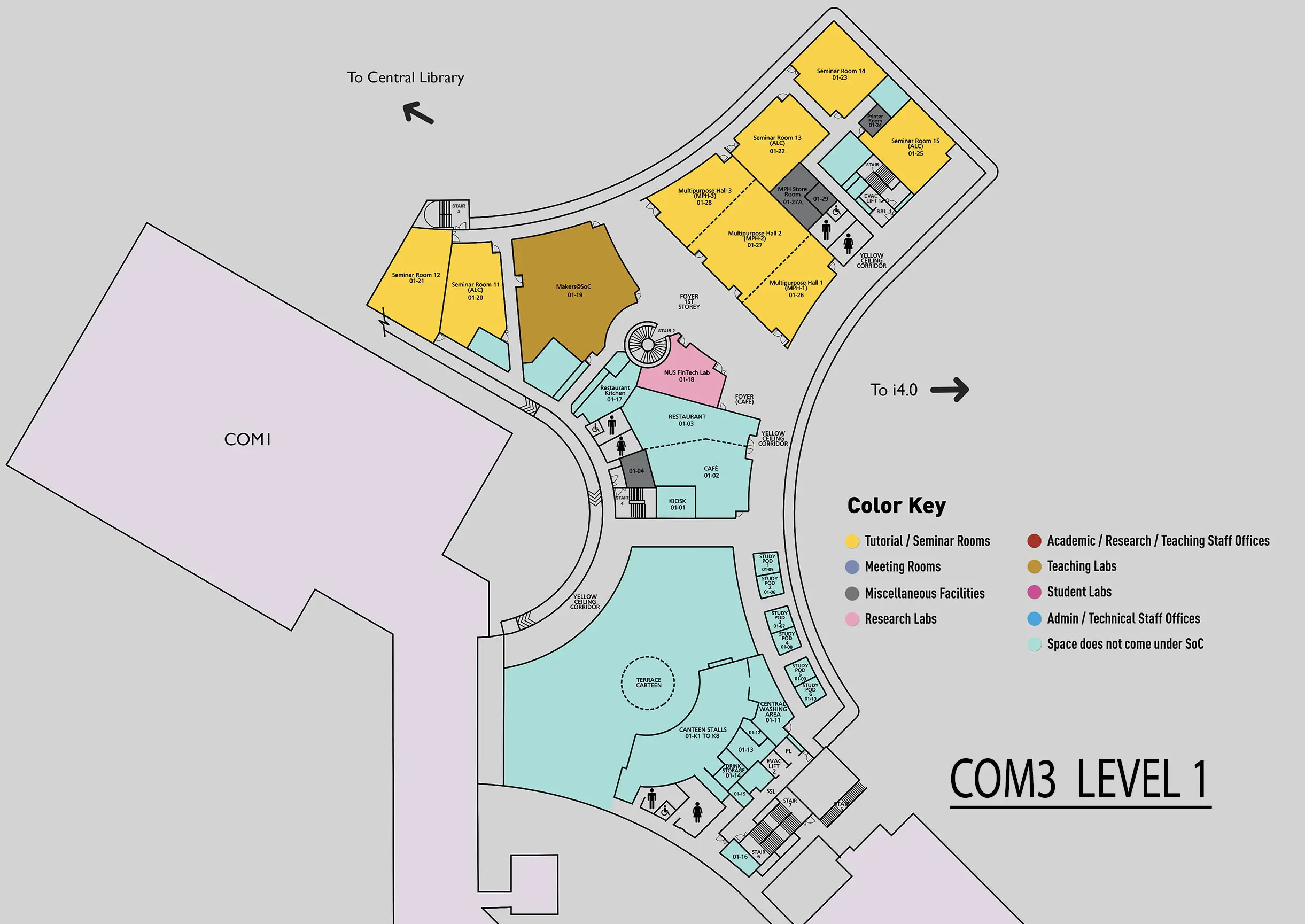Learning legged robot controllers for real-world applications
COM3 Level 1
SR12, COM3 01-21


Abstract
Learning-based controllers have recently garnered significant attention for their impressive performance on legged robots. This control methodology, initially met with skepticism by the majority of the legged robotics community, now stands at the forefront of advancements in the field. Nonetheless, these controllers still exhibit a tendency toward short-sightedness, struggling to tackle dynamically complex, long-horizon challenges. Furthermore, many of them lack the capacity to integrate established vision and planning algorithms that have proven effective over several decades. During this presentation, I will outline our endeavors in formulating a comprehensive control solution tailored for legged robots. At Railab, KAIST, we have been dedicated to the development of a complete legged robotics system, encompassing hardware design, dynamic modeling, physics simulation, state estimation, control algorithms, and planning methodologies. This holistic approach equips us with the expertise needed to devise robust and pragmatic controllers capable of navigating demanding real-world terrains.
BIO
Jemin Hwangbo serves as an assistant professor in the Department of Mechanical Engineering at KAIST and concurrently holds the position of Director at the Robotics and Artificial Intelligence Lab (RAI Lab). His group's research is primarily centered around legged robotics, encompassing areas such as design, vision, control, and navigation. He obtained his B.S. degree from the University of Toronto, while his M.S. and Ph.D. were conferred by ETH Zurich. Jemin Hwangbo has contributed significantly to the field of legged robotics, with four published papers in Science Robotics, one of which was featured as one of the top ten most remarkable papers of 2019 by the prestigious journal, Nature.

